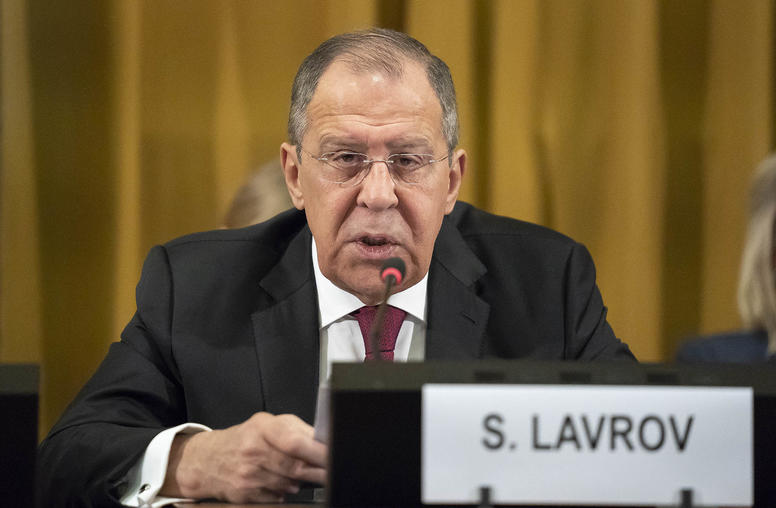Child Soldiers: New Evidence, New Advocacy Approaches
In over 30 conflict zones today there are estimated to be upwards of 300,000 children as young as age 7 used in a variety of ways to support military activities as porters, sentries, sex slaves, and combatants. Attempts to curb the use of these child soldiers continue to confound practitioners, NGOs, governments, and international organizations. Emphasis today is not just on prevention but increasingly on how to best reintegrate these youth after the conflict has ended. Reintegration focuses on psychosocial support, family and community reunification, and education and skills training, among other issues.
In this presentation, experts in the field will discuss new approaches to understanding the problem, curbing its practice, and will focus particularly on new strategies for the reintegration of former child soldiers.
Archived Audio
To listen to audio or to view video, please click on the links provided below. You also can right click on the links and choose "Save Target As" or "Download Linked File." This will save the file to your computer and then allow you to play it in your media player directly. More Audio Help.
- Listen to the audio from this event.
3:45:15 - 41MB
Agenda and Speakers
Welcoming Remarks/Introductions
9:00 AM - 9:30 AM
- David J. Smith
Senior Program Officer, Education, U.S. Institute of Peace
Opening Remarks
- Betty Bigombe
Jennings Randolph Senior Fellow, U.S. Institute of Peace
Panel I: Looking at Child Soldiers Through the Lens of Age and Gender
9:30 AM - 11:00 AM
- Jimmie Briggs
Journalist and Author of Innocents Lost: When Child Soldiers Go to War - Sarah Michael
Social Development Specialist, Multi-Country Demobilization and Reintegration Program, World Bank - Betty Bigombe, Discussant
Jennings Randolph Senior Fellow, U.S. Institute of Peace - David J. Smith, Moderator
Senior Program Officer, Education, U.S. Institute of Peace
Break
11:00 AM - 11:15 AM
Panel II: Is the Evidence There? Examining the Gaps in Research and Strategies
11:15 AM - 12:45 PM
- Michael Wessells
Christian Children’s Fund, Columbia University and Author of Child Soldiers: From Violence to Protection - Chris Blattman
Yale University and Jennings Randolph Peace Scholar, U.S. Institute of Peace - Betty Bigombe, Discussant
Jennings Randolph Senior Fellow, U.S. Institute of Peace - David J. Smith, Moderator
Senior Program Officer, Education, U.S. Institute of Peace
Closing Thoughts
12:45 PM - 1:00 PM
- Betty Bigombe
Jennings Randolph Senior Fellow, U.S. Institute of Peace



